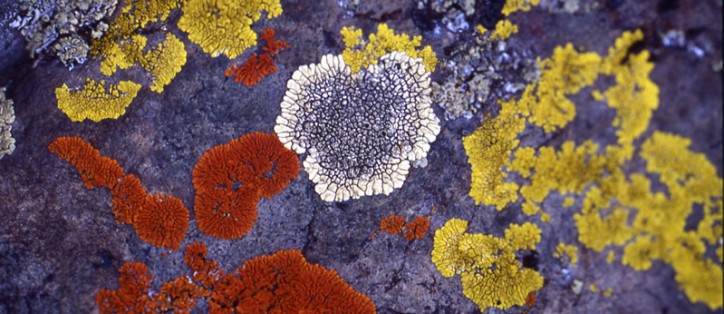During my many years of research as historian and anthropologist of the sciences, in numerous interviews and less formal conversations with scientists of all kinds, the most frequent expression I’ve heard used by someone referring to an admired colleague goes something like this: “She’s a great scientist – very careful…” My current book project tries to elaborate, often through scientists’ own words, what it means to be a “careful scientist,” and why what I call the “care of the data” is so essential to doing good science today.
We’ve known for a while that the practice of doing science – including both the experimental practices of the laboratory, and the theoretical practices of creating, developing, and recombining concepts – requires more than formal expertise, impeccable reasoning, strict logic, and exact, algorithmic methodologies, necessary as all those qualities are. “Tacit knowledge,” “craft,” “a feeling for the organism,” or an ability to “muddle through” are but a few of the ways that scientists and analysts of science have named those ways of thinking and doing that are also essential to good, creative scientific work – necessary supplements to the “scientific method” that are often difficult to formalize or articulate, and often escape attention, memory, and credit.
Today, genomicists (the scientists on whom I am currently most focused) spend much of their time caring for their data: figuring out how to handle the “avalanches” and “floods” of data now available to them, developing new interpretive techniques and tools that leverage the new data flows, collectively deliberating and debating about experimental standardization and validation, worrying over the ways complex findings will be taken up by the media and policy makers.. It is through the care of the data that many genomicists work out and realize what they consider to be good science, and “the good scientist:” open to the data avalanche, welcoming its surprises and eagerly experimenting with them, but simultaneously cultivating a respect for the data flood’s openness to multiple interpretations, a keen awareness of its uncertainties, fragilities, and insufficiencies, a heightened sensitivity to its confounding excesses and its limitations. Ways of caring for data are analogous to the ways of caring for the self described by Foucault — historically specific, culturally imbricated, institutionally inscribed, and continually re-interrogated. Understanding how scientists care for the data is a way to understand how society, culture and political-economy inhabit scientific practice, and shape scientists’ own conceptions of themselves as agents of ethics, and of historical change.
Care of the Data analyzes the vital but often overlooked role played by care in science, particularly the contemporary sciences of “Big Data.” The book builds on a tradition of scholarship in the history, philosophy, and anthropology of science that has shown how scientific thought and practice are matters of more than logic and formal method, and rely as well upon tacit or craft knowledge, intuitive or speculative modes of thought, and resources for the scientific imagination harbored in the social and cultural domains. By adding care into this mix, the book also draws on recent feminist scholarship and related literature analyzing the affective dimensions of all forms of cognition and practice, including science. Care is a simple word for both a complex set of affects that drive scientists, and for a complex set of relations scientists have with their objects of study, including copious amounts of data, and with the methods that shape their understanding of those objects. Without care, the argument runs in brief, there are no scientific truths, no scientific methods, no scientific “things.”
Care of the Data conceives of four different modes of care in science – scrupulousness, housekeeping, solicitude, and friendship – elaborating these through stories of the conceptual, technological, social, and methodological changes that occurred as the genetics of the 1980s became the genomics of the 1990s, and then the “post-genomics” of the 2000s. At each turn, scientists are increasingly surprised and excited by unexpected complexities – the complexities of organisms in environmental contexts – which force new demands for carefulness, to inform further understanding and engagement with post-genomic phenomena. Excitement, carefulness, and truthfulness are linked together in a circuit that promises, in the case of post-genomics, finer understanding of the subtle and complex — but nevertheless powerful and important – “geneXenvironment interactions” that are the increasing focus of scientific attention and concern. Care of the Data is also a book, then, about how genomics is coming to play a role in broader biomedical and social efforts to care for asthma, a complex condition shaped not only be geneXenvironment interactions, but by multiple other forms and levels of interaction that challenge scientists and non-scientists alike to become ever more careful.
It’s this creative and disciplined scientific subject, the “careful scientist” — able to live and think well in a field of excess data, excess interpretation, and excess possibility, and thus able to think well about the question of complex entities and contested categories like “asthma” or “race” – that this book will try to illuminate.
